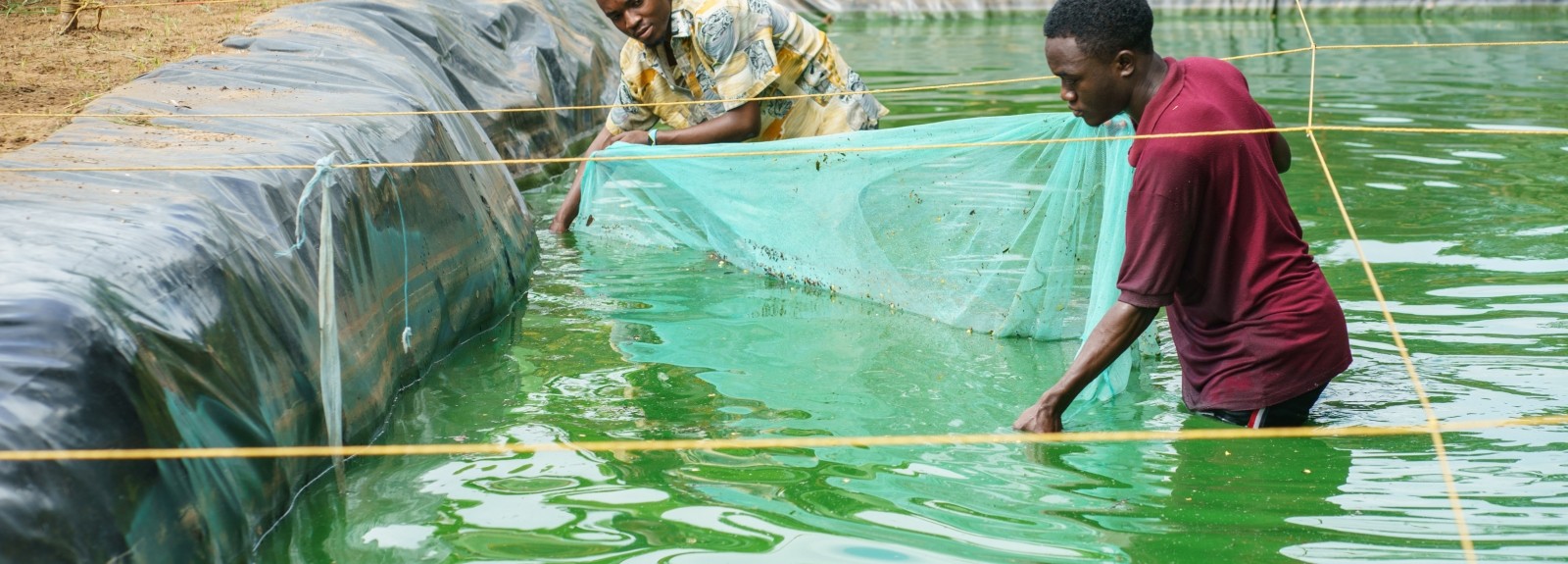By investing in high-quality education for young adults, Corus organization Lutheran World Relief supported rural communities across Tanzania develop productive, resilient and stable economies.
Agriculture is the engine that drives the economies of many low- and middle-income nations. But many young people do not see agriculture as a viable way to support themselves. They’ve watched their parents struggle and, instead, choose to migrate toward urban centers hoping for better opportunities that often fail to materialize.
That’s why we worked to significantly improve agricultural education in Tanzania and align it to the country’s market needs.
Our Investing in New Ventures of Entrepreneurial Students in Tanzania (INVEST) project was designed to address the gaps in student training and preparation in Tanzania’s agriculture vocational training systems and establish partnerships with the private and public sector to support and assist students in employment upon graduation.
The INVEST project strengthened the long-term employment prospects of youth in Ministry of Agriculture Training Institutes (MATIs) so they were equipped for employment upon graduation. The project assessed and revised the MATIs’ curriculum based on labor market needs and provided in-depth teacher training; created an innovation challenge fund to award startup capital to students with entrepreneurial ideas; and formalized public-private sector partnerships into an internship program to further practical learning and lead more students directly to employment.
Two teachers from the National Sugar Institute and the KATRIN Institute visit students participating in an INVEST internship at Silverlands Poultry Training Centre in Morogoro, Tanzania.
Project Results
Through the INVEST Project, Lutheran World Relief:
Created a new Competency-Based Education and Training (CBET) curriculum
Implemented in all 36 MATIs in the country
In-service training provided to 161 teachers
80+ teachers adopted revised curriculum
Reached 21,000+ students
Established an internship program
6 companies offering internships
281 internships completed
89 internships led to employment
Awarded start-up capital to youth entrepreneurs
720 youth mentored through the business challenge (422 male and 298 female)
34 businesses created (22 by male and 12 by female) after graduation with these grants
1,800 students (1,172 male and 628 female) registered in business development and planning courses
456 businesses (267 male-headed and 189 female-headed) submitted to the panel for review
Upendo Emmanuel Ngussa (left) and Cornelio Malya (right) launched a charcoal business as part of the INVEST project. They were awarded a Lutheran World Relief Challenge Grant at the National Sugar Institute. (Greg Brekke for LWR)
These remarkable achievements led to:
181 new businesses started by a total of 312 youth entrepreneurs (194 male and 118 female)
92 male graduates (66%) and 56 female graduates (47%) formally employed within six months of graduation

